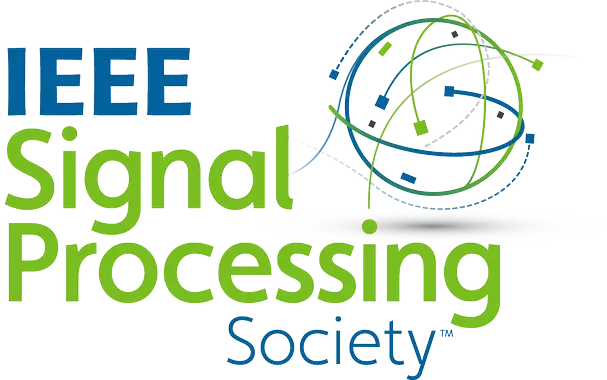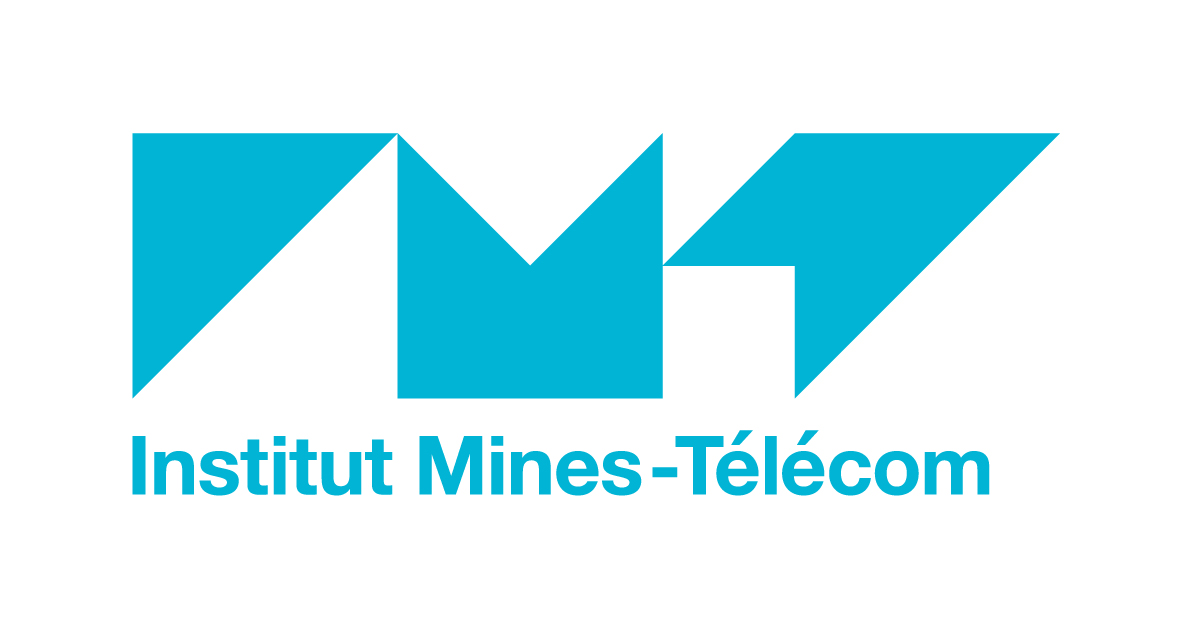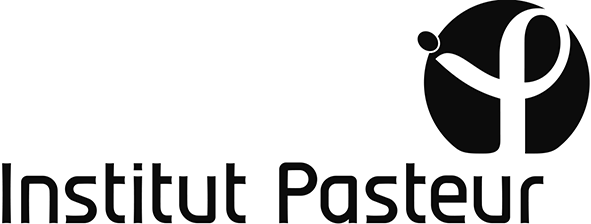

Claudia Aponte & Keveen Rodriguez
Claudia Aponte : Physician and Neuropsychologist with research training in the area of Cognitive Neurosciences, both in clinical and basic biomedical research, with experience in the processing and analysis of structural and functional magnetic resonance images. Expertice in clinical neuropsychology with emphasis in neurodegenerative diseases and its applications in cognitive neuroscience research. Research physician and neuropsychologist in the Neuropsychology and Behavior Group – GRUNECO since 2017, currently PhD Candidate in the research proyect: Identification of preclinical biomarkers in Alzheimer's disease through longitudinal monitoring of brain electrical activity in populations at genetic risk”, evaluating participants and doing data analysis. In the Neuroscience Group of Antioquia (GNA) works as Subinvestigador physician in the clinical trial Alzheimer's Preventive Iniciative (API), evaluating participants and doing data analysis.
Keveen Rodriguez : Bioengineer and neuroscience research, has 5+ years of experience working as a data scientist and neuroengineer with python, GCP, SQL/NoSQL, ML Ops, and neuroimaging skills. Implementation of Bigdata services and leading AI and machine learning analytics and initiatives, cross-functional team leader with experience in hands-on technology delivery. With more than 3 years of experience satisfying the needs of clients with business solutions and strategies, supporting them in achieving strategic goals and increasing value in all areas. Research Engineer in the Neuropsychology and Behavior Group – GRUNECO since 2017 where Directs the design and development of software, Data pipeline and neurodata reporting, Research and development in neuroimaging and cognitive and artificial intelligence.
Mapping neural correlations of cognitive processes through task based functional Magnetic Resonance Imaging (fMRI) – Hands on fMRI
TASK DESING AND PSYCHOPY TOOLBOX
The aim of this course is to understand the nature of paradigms. When designing cognitive tasks to be performed in fMRI/EEG/MEG, the cognitive process to be studied must be well known in order to avoid analyzing and interpreting information that is not related to it and thus, to obtain reliable information about it.
Contents:
- BOLD signal and its relation to cognitive processes
- Characteristics of paradigms
- Neuropsychological and psychological considerations for designing paradigms
- Types of designs
- Steps for paradigm design
- Tools for paradigm design: Psychopy
- Designing a paradigm with Psychopy
fMRI PREPROCESSING AND QUALITY ASSURANCE
Image preprocessing can ensure that the results obtained from the analyzed data are actually neural activity and not physiological and/or scanner noise. Several steps must be applied to the MRI data set in order to be used in future statistical analyses, ensuring subsequent statistical power.
Contents:
- Toolbox introduction
- Preprocessing steps
- Denoising
- Quality analysis
fMRI DATA ANALYSIS
A standard fMRI study gives rise to a massive amounts of noisy data whith complicated spatiotemporal correlation structure. Statistics plays a crucial role in understanding the nature of the data and obtaining relevant results that can be used and interpreted by neuroscientist. Along the way, we will illustrate interesting and important issues where statistics already plays a crucial role.
Contents:
- Hemodynamic response function (HRF) influence over block design introduction
- General Linear Model (GLM) and their variations


 15th IEEE EMBS-SPS International Summer School on Biomedical Imaging
15th IEEE EMBS-SPS International Summer School on Biomedical Imaging








